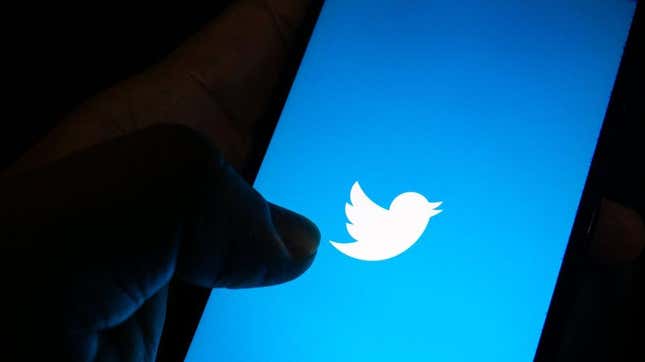
Everyone who’s on any kind of social media knows that Black people push the needle on what is and is not trending, especially on Twitter. Black Twitter is the ecosystem in which Black people on the internet interact, argue, and joke. Which is why it only makes sense that someone chronicles Black people’s importance to the platform, right?
On Wednesday, The Root reported a story on how Insecure executive producer Prentice Penny is directing a three-part docuseries for Hulu titled, Black Twitter. Inspired by Jason Parham’s three-part story for Wired, the series will follow the aspects that made Black Twitter so dominant.
But, it seems that a lot of Black Twitter was not quite as enthusiastic about a documentary being made on their shoulders. One user commented, “Sounds like people trying to make a bag off content they gathered for free.”
Another user wrote, “So he’s going to make a profit telling a story about how “black twitter” content helped others profit off their tweets? Make it make sense, because...
Someone else retweeted, “Somebody always gotta put a label on something and those people usually had nothing to do with it.”
Overall, the sentiment was not too positive. Some wish that the project was canceled, and others think that Black Twitter’s story is Black Twitter’s business.
This is shocking considering that Black content creators across social media platforms have always fought for more recognition. Although everyone on the internet knows it, social media companies have mostly been unwilling to credit Black people for their contributions to the internet “culture.”
I tend to agree with this user who quote tweeted, “Am I the only one that sees no problem with this? lol It’s created by a black man based on an article created by a black writer for Wired (Jason Parham). Why wouldn’t we want the inception of Black Twitter as a cultural force documented?”
He continued, “I think people miss the purpose of media. You create media like this to inform but also document. I can see this docuseries being shown in college courses about social media and even modern social movements.”
But, I also do think that people have a right to question why we should let Hulu profit off of the backs of something Black people created. It’s something to think about.
Still, there’s more discussion to be had on whether this docuseries will benefit or hurt the Black internet community. Until the project is officially released, the jury is still out.

